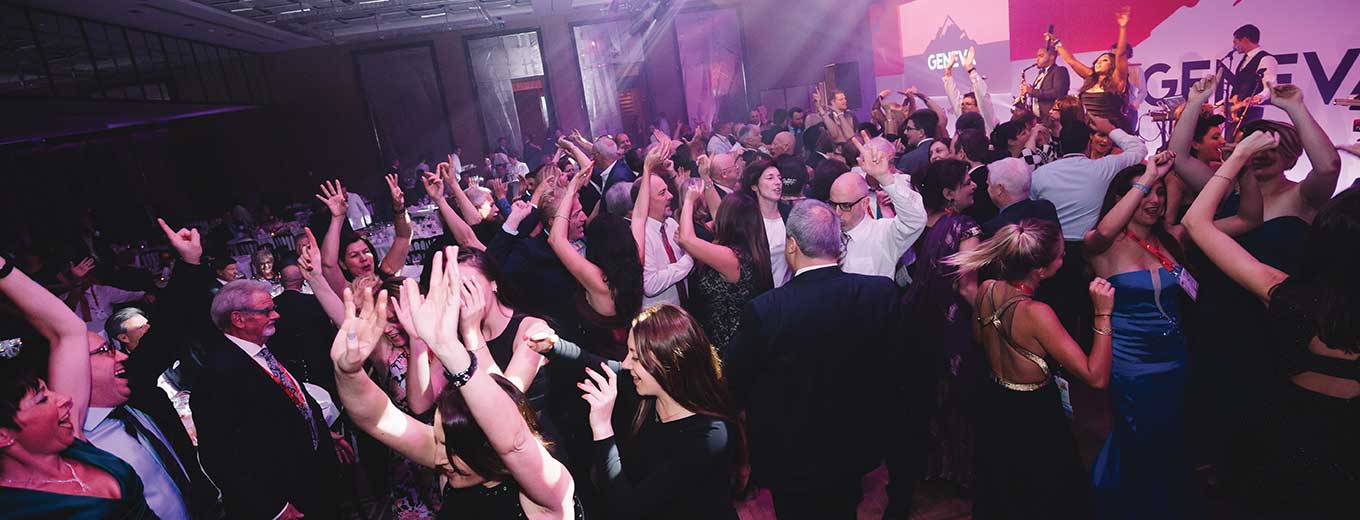Founded in 1950 with the goal of strengthening the international relationships between movers, FIDI has grown from modest beginnings to become the leading international association for the global moving industry. Seventy years on, as the business faces its biggest challenge to date, we look at FIDI’s evolution and why its core values of international cooperation and friendship remain intact and essential today
FIDI’s story begins on a summer’s day in Switzerland in 1950 when the moving industry associations from six European countries met with the goal of formalising their fledgling network and developing links with moving services in other countries. The delegates wanted to support each other more closely, develop their members’ businesses and celebrate the spirit of international collaboration and friendship.
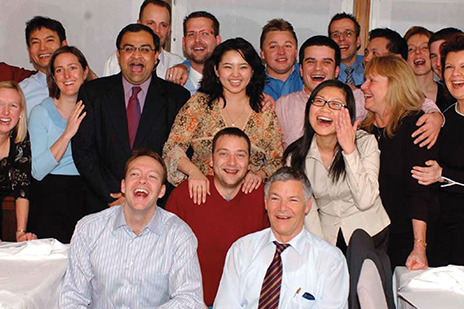
The idea took off and, in 1952, in Knokke, Belgium, FIDI held its very first conference for 131 delegates from 15 countries.
The conference was to become one of the foundations of FIDI, bringing together industry people – from CEOs, owners and middle management to corporate clients and RMCs – for a mix of formal presentations, informal events and networking. It has become a permanent fixture on the international moving industry calendar.
FIDI’s headquarters were established in Brussels two years later, with Mrs J. Mouling taking on the role as FIDI’s first manager.
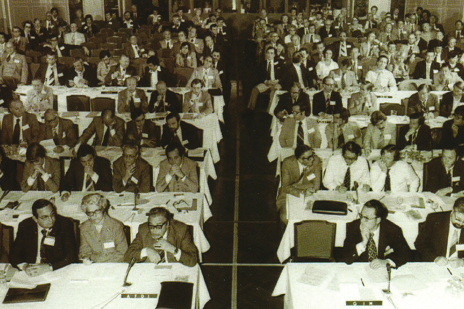
Global reach
For the next two decades, FIDI broadened its reach to become a truly global association, as businesses joined from around the world. In 1969, it elected its first non-European president, John Newbold of Merchants Transfer & Storage Co, Washington DC; in March 1970, it held its conference in Boca Raton, Florida, the first time the event had been held outside Europe.
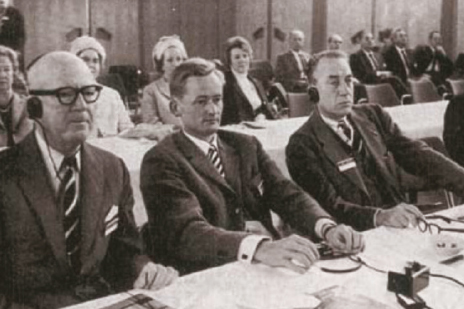
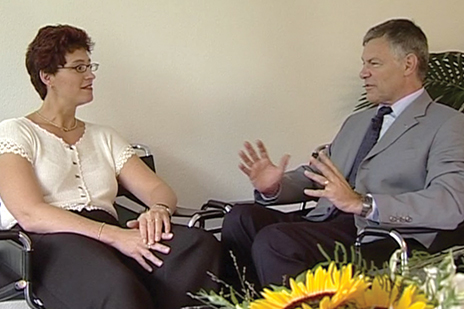
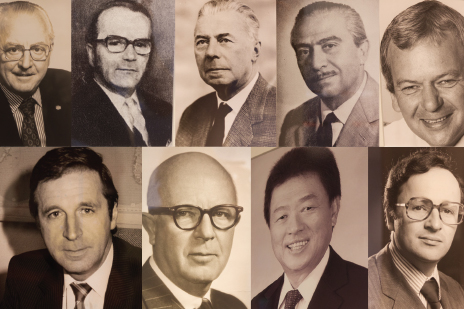
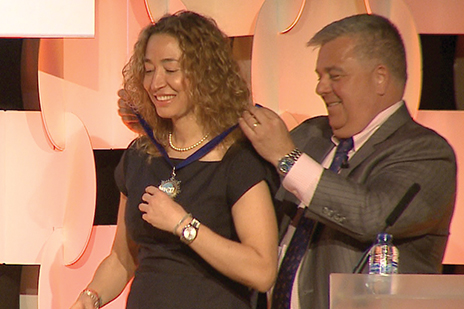
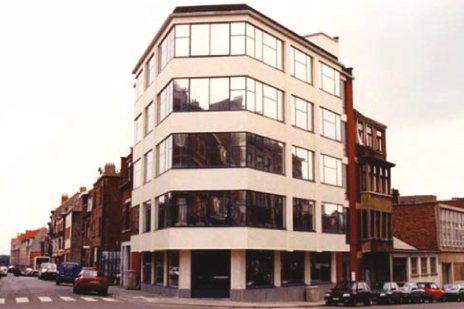
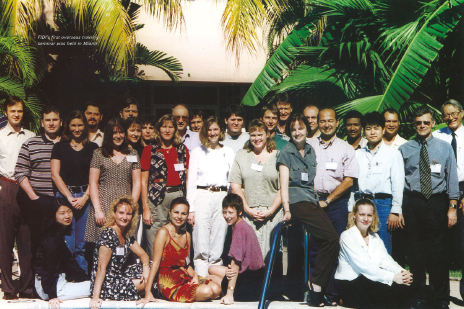
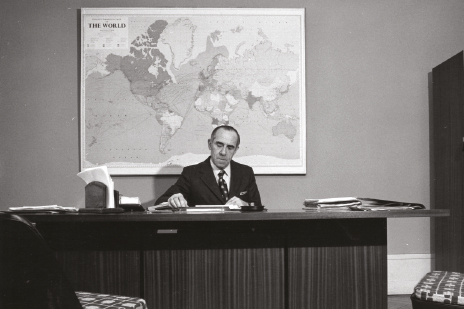
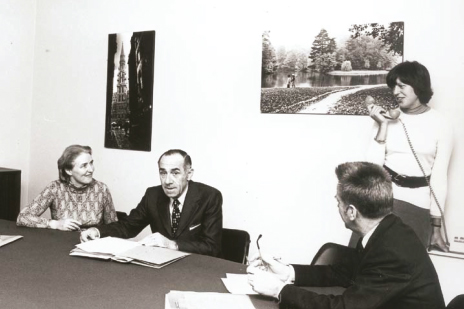
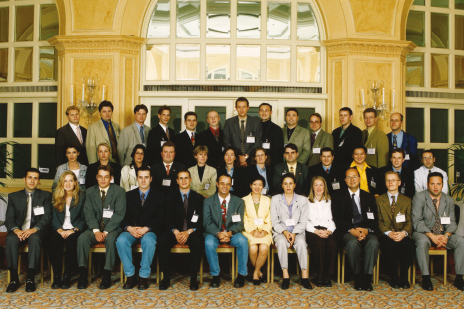
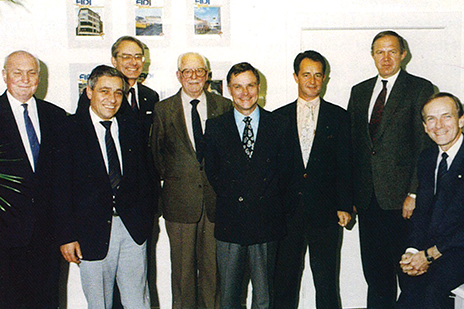
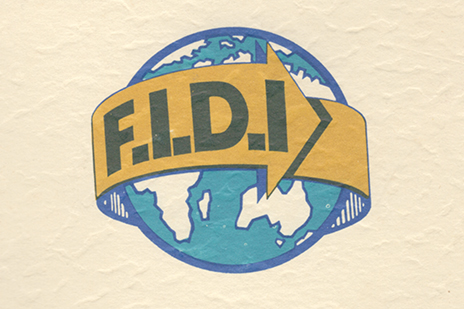
With strong international roots established, FIDI began to evolve into the broad organisation we know today during the late 1980s and 90s. Initiatives on aspects of the business, including training, standardisation and engaging young movers, were launched to give Affiliates the essential tools they needed for a constantly changing world – marking FIDI as the leading association of the global mobility industry.
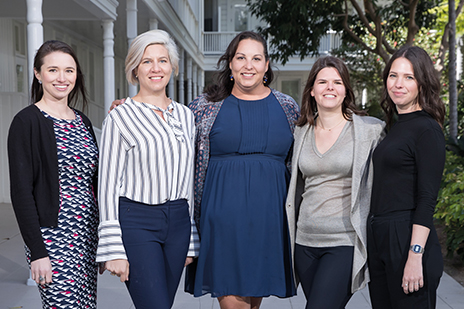
In 1987-88, the organisation created the FIDI Institute, the foundation of today’s FIDI Academy.
It ran its first ‘FIDI Institute seminar’ – which would become the Essentials in International Moving (EiM) – for 25 students in Brussels in 1988, naming delegate Paul Wielens as its first ‘top student’. Further programmes, including seminars covering management, management of overseas businesses and forwarding, launched in 1995, 1996 and 1998, respectively.
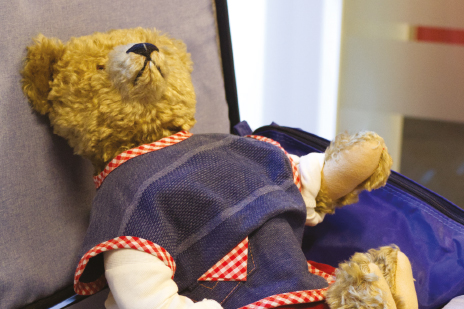
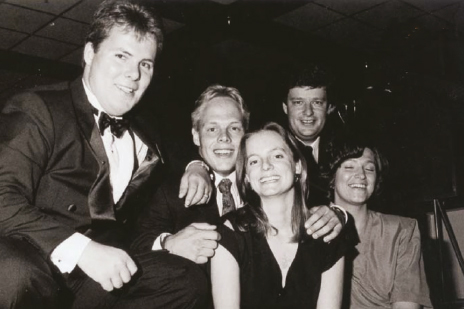
The FIDI Institute became the FIDI Academy, following a rebranding in 2000, and it took on its first permanent training manager. As this arm of FIDI gained traction and demand grew from Affiliates, it launched its webinar programme in 2003, its Managers in Moving (MiM) seminars for managers and leaders in 2009, and its e-learning programme in 2014. Today, the Academy offers training that covers every element of the moving process to help Affiliates develop their people and, as a result, their businesses.
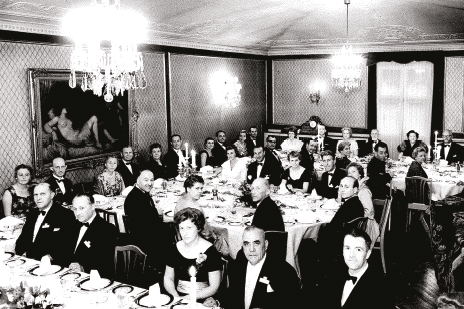
FIDI’s 35 Club was launched in 1990 by Jim McCluskey, with the aim of engaging the next generation of leaders in the moving and relocation industry, running events including leadership workshops, networking drinks, sports activities and industry presentations, helping them connect, share experiences and learn with their peers from around the world. It was latterly rebranded the 39 Club – giving its members a little longer to enjoy their status as a moving industry ‘young person’!
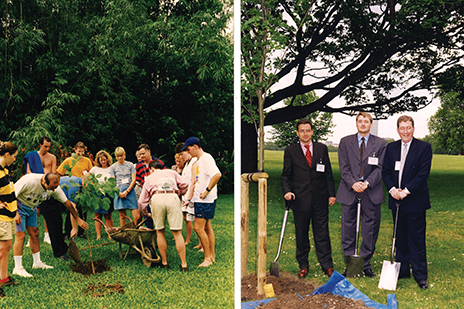
Many of today’s moving and relocation figureheads will tell you their formative years as part of the club had a big influence on their outlook on the industry. There are currently more than 120 members of the 39 Club, whose activities are today presided over by its first all-female board.
The FAIM game
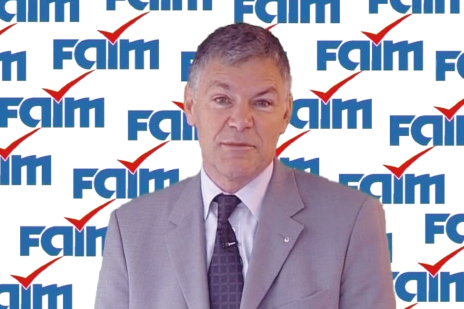
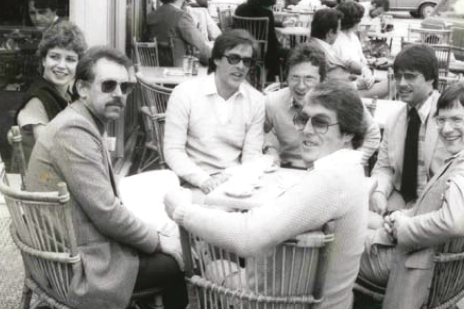
The FAIM quality certification is viewed by many in the industry as the jewel in FIDI’s crown. Its roots began at the conference held in Hawaii in 1994 where the minutes note the need for a bespoke programme for the moving business. At the FIDI Advanced Management seminar in February the following year, an official suggestion for a moving standard programme based on ISO9002 was tabled.
From here, FAIM gathered momentum, and a formal decision to proceed was taken at a board meeting in Brussels the following year.
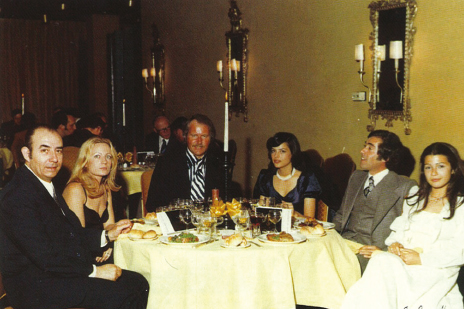
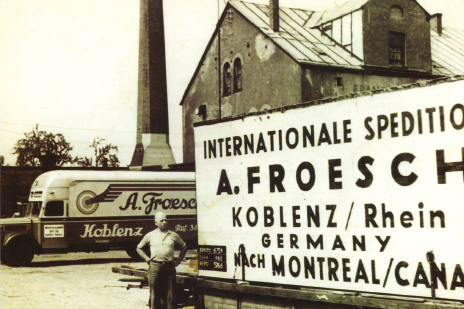
A draft proposal followed, with EY tasked to writing the first quality standard report and auditing the programme, and, in January 1997 a standard steering group was set up. The name developed too, from the initial suggestion of ‘FIDISO’, to FIDI Professional International Mover (FPIM), before settling on the FAIM (FIDI Accredited International Mover) name.
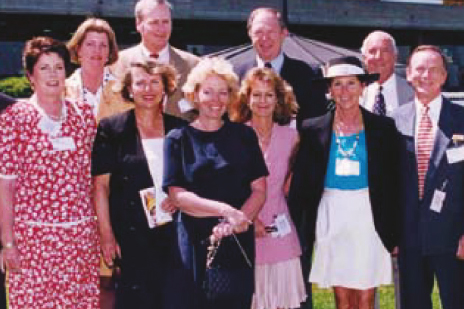
FIDI presented FAIM to the delegates meeting held at the FIDI Conference in Noordwijk, the Netherlands, in May 1997, after which three trial audits were carried out to refine the programme. Some 200 Affiliates initially applied for the FAIM syllabus and a further 13 pilot audits were carried out early in 1998.
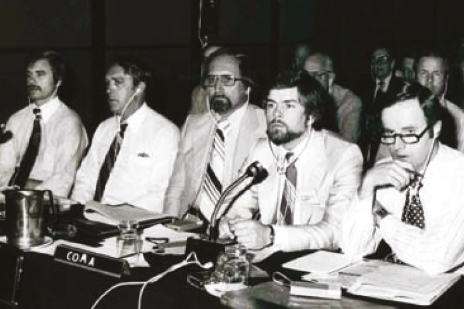
Although FAIM started life as a voluntary programme, at a meeting in Rio de Janeiro in February 1998, FIDI’s board decided to make it mandatory for all direct Affiliates from the coming September – and Team Relocations, the company of FIDI President Cees Zeevenhooven, became one of the first to be awarded FAIM certification.
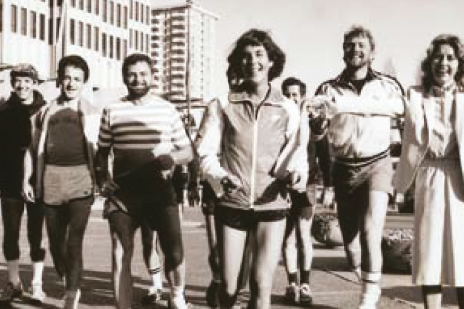
The reception of FAIM’s launch by the industry was so positive that, the following year, the board voted to make the certificate mandatory for all Affiliates within five years, with a deadline of December 31, 2003.
The standard has been updated regularly over the years, and is currently in its second year of FAIM 3.2.
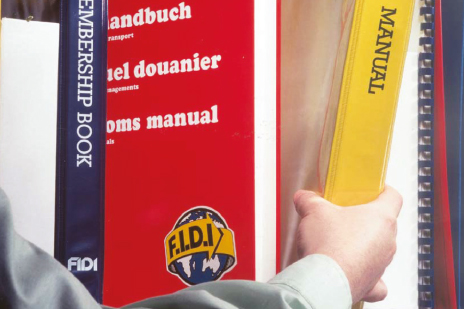
FIDI was the first, and remains the only, organisation to have created an independently audited quality certification for movers. It is this standard, and the other tools and events it offers, that sets FIDI Affiliates apart from their industry competitors.
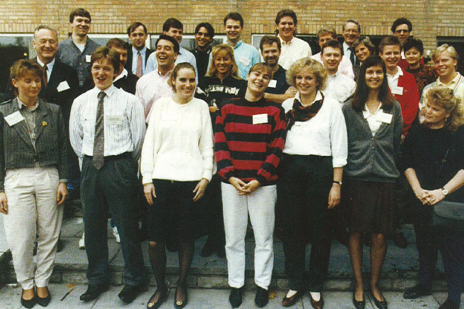
But perhaps what defines FIDI even more than FAIM, is its employees and Affiliates – those whose passion for the moving business, international teamwork and friendship has driven FIDI forward and made it into the internationally respected organisation it is today.
Today, after seven decades of change and consolidation in the moving business – with many more companies and people represented than at that first meeting in Switzerland back in 1950 – these values still sit at the very heart of FIDI.

